Triumphing challenges
Rahul Ramugade is a pioneering wheelchair cricketer and social reformer advocating for an inclusive world
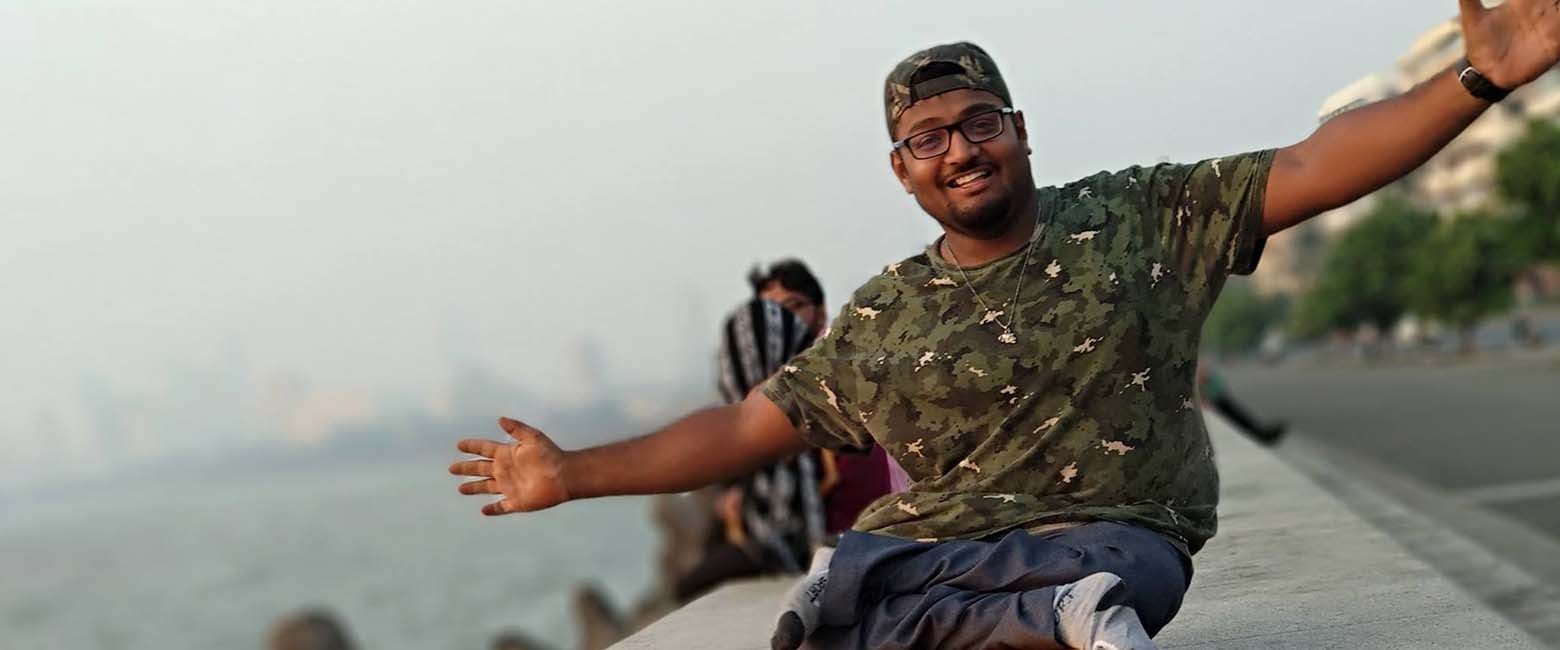
Meet the remarkable Rahul Ramugade who has not only made a name for himself in the world of sports but is also a beacon of hope and change for wheelchair users across India. As a dedicated cricketer, Rahul founded the Wheelchair Sports Association in Mumbai and became the first captain of the Mumbai wheelchair cricket team. His journey is filled with groundbreaking achievements.
MobiCrew presents an exclusive chat.
Tell us about yourself.
I grew up in a typical Maharashtrian household. I was very young when I was affected by polio, and we couldn’t do anything about it no matter how much my family tried. I've worked in many companies over the years. My first job was at a call center for Eureka Forbes in Chembur, which was designed for people with disabilities. I’ve also worked at Croma and Shopper’s Stop, and now I am part of a fiber optics business.
Sport as a career is challenging due to limited financial support, but it's something I'm proud of. I founded the Wheelchair Sports Association in Mumbai and was the first captain of the Mumbai wheelchair cricket team. My next goal is to have our team play under the Mumbai Cricket Association and ultimately represent India under BCCI. In addition to cricket, I've achieved milestones like being the first person in India on a wheelchair to do scuba diving. I've also trained as a scuba diver with Indian Special Forces officers. While these smaller achievements are significant, my biggest goal is to elevate wheelchair cricket to new heights and encourage people with disabilities to consider it as a viable career, similar to other para sports.
What is the most significant challenge you face as a person using a wheelchair?
A wheelchair changes people’s perspective. When I drive a car, nobody realises that I am a wheelchair user, and that the car is modified. But once they see [me on a wheelchair] they’re sympathetic. People think having a wheelchair is enough, but they don't consider other accessibility features that are needed. There should be ramps, accessible restrooms, and proper access for wheelchairs. People offer to lift me, but why should they? People need to understand that if infrastructural limitations are removed, I won't need any additional help.
As a player, I'm not struggling with practice but with sponsorship and managing events. If we could focus solely on cricket, we could play in more tournaments, perform at a higher level, and improve our performance. I'm looking for a shift in quality; if we achieve that, it will make a significant difference in my life.
What are the common accessibility issues you encounter in public spaces?
Whenever I go to stores, clinics, or even for a haircut, I run into a lot of accessibility issues. Finding a proper parking space is a challenge. Then, the footpaths are often not accessible. If a store is at footpath level, I can manage, but if there are a few steps, I need someone to help me get in. Railway stations are completely inaccessible, so I just avoid them. Malls are a bit better, especially the newer ones. Newly built residential complexes are also more accessible because they follow the latest regulations. Unfortunately, older buildings haven't made these improvements yet, so getting around is still tough.
How can governments, and society in general, do better in terms of accessibility?
I believe accessibility is crucial. If we don't have access, how can we express ourselves, participate, or make our presence felt? Lack of access means equal opportunities are not available. Even though there are disability laws, they are not followed. There should be some form of punishment or consequences for not supporting or following the sections of the Disability Rights Act. Public governance and public support are essential. Without them, nothing will happen. If some people say that they won’t go to a restaurant unless it has a ramp, then restaurant owners will be forced to install one. We need that kind of support, but generating it requires a lot of effort.
Can you share a positive experience with us?
I used to live in Santacruz, and I bought my first wheelchair around seven years ago. There were four steps out of my building, so I couldn't bring my wheelchair outside on my own. I got a ramp installed by getting all the residents to support my bid. It helped everyone especially during the monsoons when the roads would get flooded. This made me happy, the fact that I could reduce others’ troubles as well.
Related
-

Love Without Limits: Navigating Dating with a Disability
-

How to Support a Loved One with Spina Bifida: Tips for Family and Friends
-

Where Comfort, Safety and Compassion Meet
-
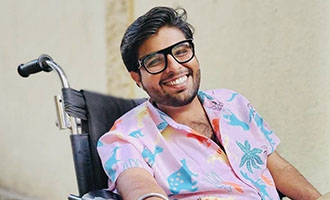
How Disabled Youth in Mumbai are Shaping Their Future with Education and Career Opportunities
-

Inspiring Journey of a Multi-Talented Wheelchair User
-

Find Your Inspiration at Mobicrew
-
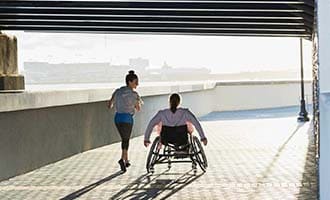
How to Promote Inclusivity for People with Spina Bifida
-

Living life on her own terms
-

Winners on wheels
-

Embracing Parenthood with Mobility Challenges: A Guide for Parents
-

Inspiring Change
-

A young warrior
-
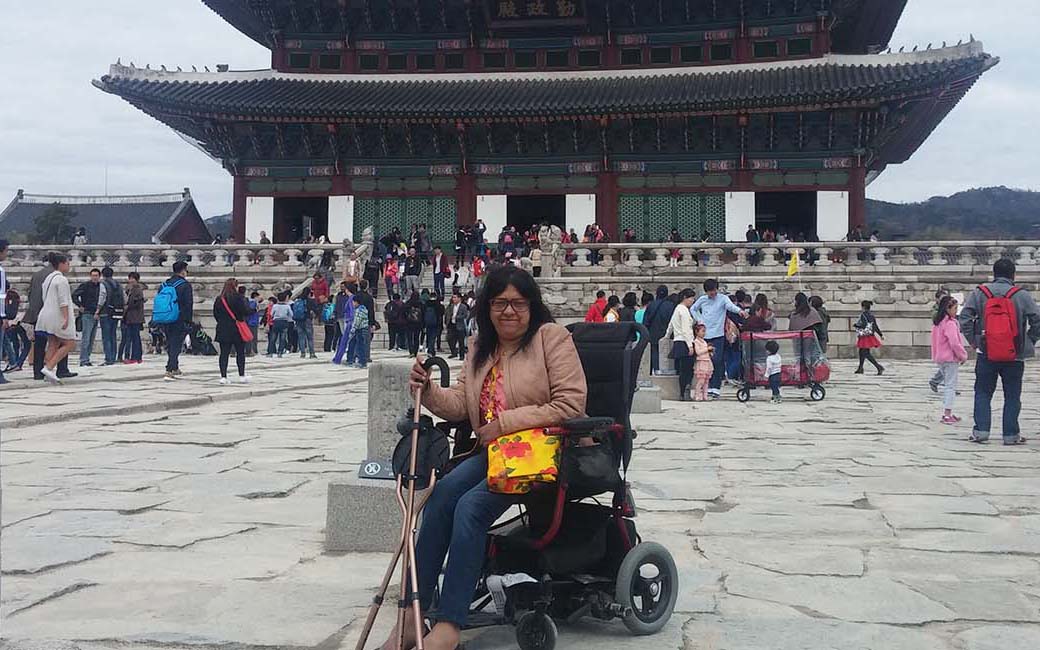
Pammu leads the way!
-
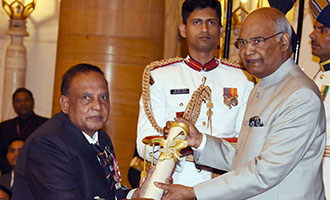
Inspiring Stories of Athletes with Disabilities: Breaking Barriers
-

How Mumbai Is Becoming a Hub for Advanced Physical Therapy Treatment









